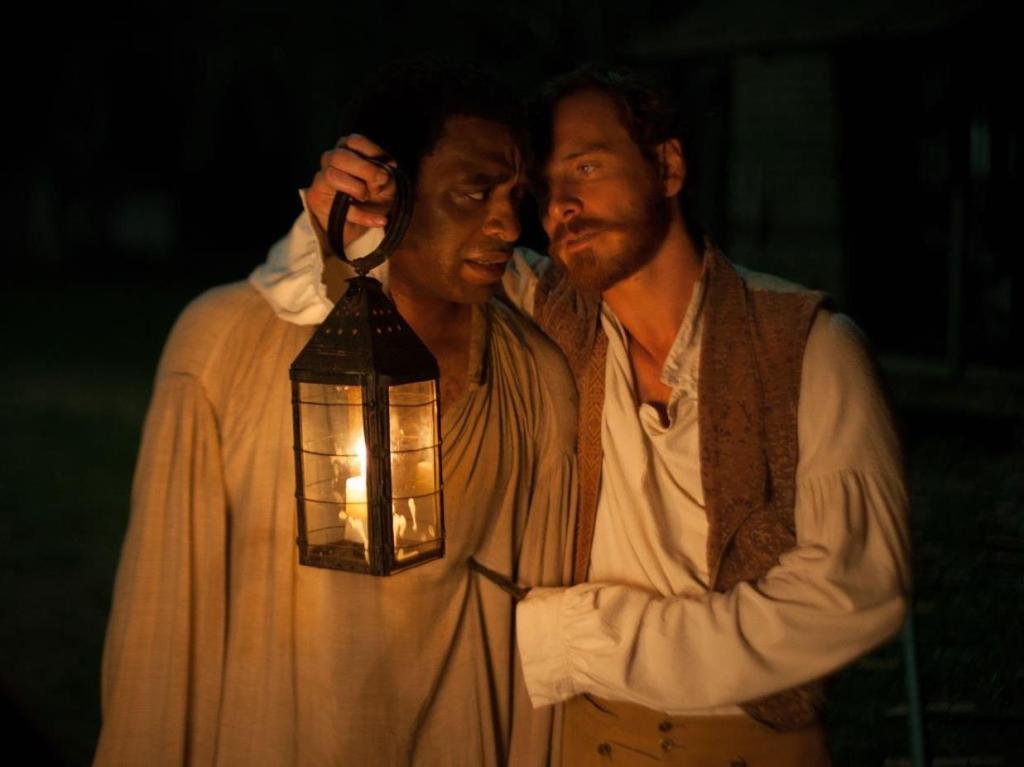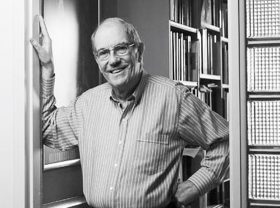In three films over six years, artist turned writer/director Steve McQueen has proven a master of cinematic musings on freedom and physicality, on the many ways in which our liberties and bodies can come into oppression and conflict. Telling the tale of Bobby Sands’ infamous strike, Hunger demonstrated the extremities of absence, as grounded in a volatile political climate. In a fictional story, Shame pondered the impact of abundance, with the pursuit of sexual pleasure becoming its own prison. Returning again to real-life circumstances, 12 Years a Slave completes the thematic trilogy, this time steeped in the unfortunate historical reality of people as property.
Recounting the life of Solomon Northup (Chiwetel Ejiofor, Salt) as based upon the memoirs that gave the film its name, McQueen’s latest again sees a strong protagonist in opposition with control, losing theirs in an uneasy power struggle. Once a free man with a family, house and his own esteemed reputation, in the wake of a drunken evening and in a swoop by opportunistic kidnappers, Northup becomes Platt, now the chattels of various owners. In a system of dominance and order in which it is his hard labour – not his intelligent thoughts or literate abilities – that matters, his former societal standing means little as he cycles through plantations owned by the outwardly considerate William Ford (Benedict Cumberbatch, The Fifth Estate) and the drunk, abusive Edwin Epps (Michael Fassbender, The Counselor).
A fluid episodic structure unravels in John Ridley’s (Red Tails) adaptation of Northup’s 1853 autobiography, tracing the transition from happiness to pain to resignation; however the plain treatment of the tale is to the film’s advantage, even if the outcome is announced in its moniker. In contemplating the existential essence of entrenched cruelty, the pervasiveness of systematic mistreatment, and the adoption of inequality as an operating mindset, 12 Years a Slave lets the simple and shocking, rhythmic and repetitive details of Northup’s everyday struggles and sufferings do the talking. The feature’s classical execution is similarly in the service of relaying information and emotion first, rather than stylistic flourishes; of course, even as he elicits discomfort in his content, McQueen’s film – and Sean Bobbitt’s (The Place Beyond the Pines) cinematography – can never not be aesthetically impressive.
At every turn, it is the message that remains – of discriminatory horrors of non-existent race relations, handled with sensitivity absent in Django Unchained, and with accessibility not seen in Lincoln, the year’s other comparable efforts. The operating mode, established early and reinforced often, is one of alarm, as underscored by every new injustice thrust upon the downtrodden Northup. The desired response is elicited, growing as the plights of others – including a distraught mother (Adepero Oduye, Pariah) hurtfully told she will soon forget her children, and a pretty young girl (Lupita Nyong’o, MTV Africa’s series Shuga) coveted by her lecherous master – are weaved into mix. So too, however, is a feeling of distance amidst the dismay, the director seemingly playing it safe despite his own previous proclivities and the explosive nature of the material.
For all the film’s thematic importance but emotional caution, its performances embody the former but not the latter – and it is here that it becomes not just an appropriate match for McQueen’s oeuvre, but a work of potency and poignancy. Ejiofor conveys the imprint of every act of brutality waged against his character, but he is never broken, his subtle central portrayal seething in the smallest of expressions of Northup’s subjugation. Collaborating with the filmmaker for the third time, Fassbender brings misery where his counterpart brings empathy; and yet, his efforts command attention of the unable-to-look-away type in all their pulsating malice. In a small but narratively convenient role, Brad Pitt (World War Z) proves the opposite as the embodiment of the voice of white reason. His menacing co-stars, particularly the vicious Paul Dano (Prisoners), envious Sarah Paulson (Mud) and seemingly benevolent Garret Dillahunt (Looper), fare better at the other end of the spectrum.
Perhaps it is contradiction that reigns supreme in 12 Years a Slave, in both obvious (the battle for independence when such a state was formerly a given, the reliance upon the benefits of human bondage by those incapable of understanding the cost) and less so (the depiction of the harshest cruelties against the most picturesque of plantation locations, the poise of the camerawork in relaying scenes of disheartening horror) fashions. The end result has momentum and meaning, and slides in amidst McQueen’s excellent efforts; the only thing missing, particularly from a director known for his primal jolts and punishing journeys, is the visceral reaction.
Rating: 4 out of 5
12 Years a Slave
Director: Steve McQueen
USA / UK, 2013, 134 mins
Brisbane International Film Festival
November 13 – 24
In general release: 30 January, 2014
Distributor: Icon





